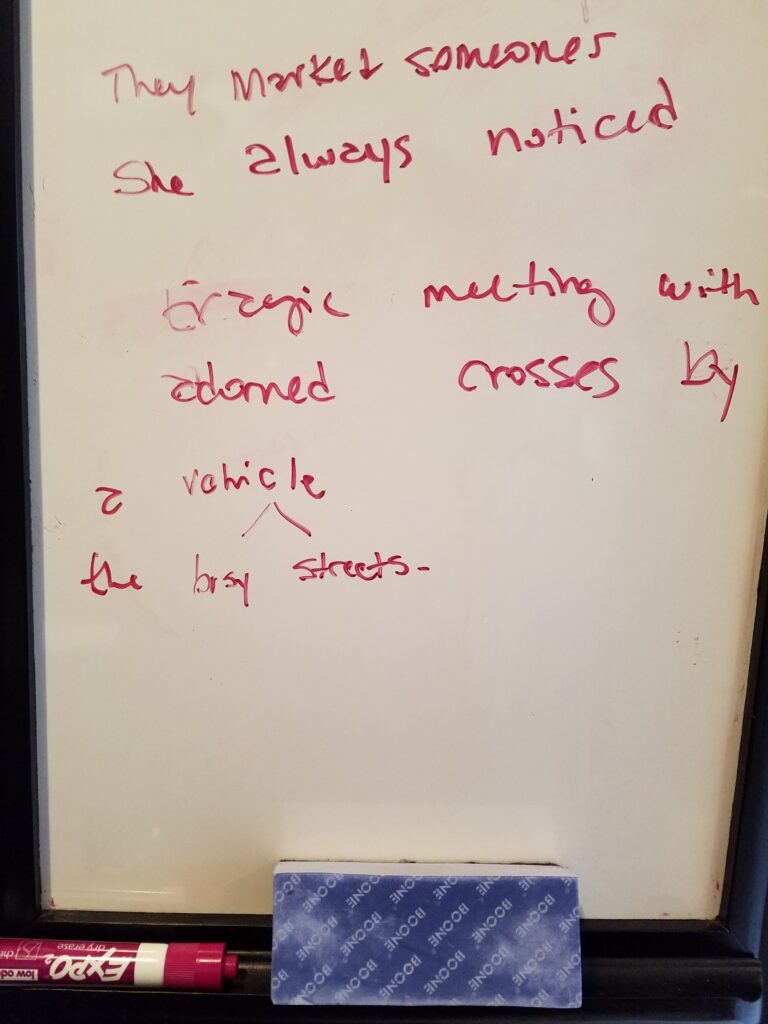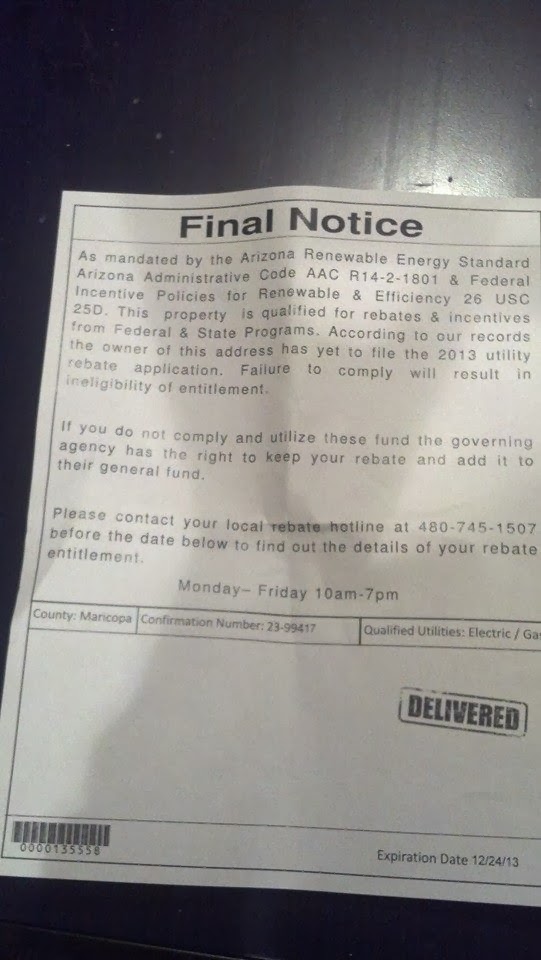Each year, I write an entry in my journal attempting to recall the most impactful memories and lessons from the previous year. I also reread the entry I’d written to see where I (thought I) wanted to be and where I ended up. In my 2017 entry, I wrote this, and I think it’s worth sharing because maybe it will speak to someone.
So I want to write this thought before it escapes. I used to place more significance on how I “rang in” the New Year — feeling like it “set the tone” for the rest of the year. I feel more liberated to approach each day as a new year, a new start, a fresh page to write a new story and right wrongs — to make better choices and be more authentic. The 31st is just a day.
I share that thought to encourage anyone who may feel that they didn’t start the year off the way they should have, not to be discouraged. Happy New Year!


